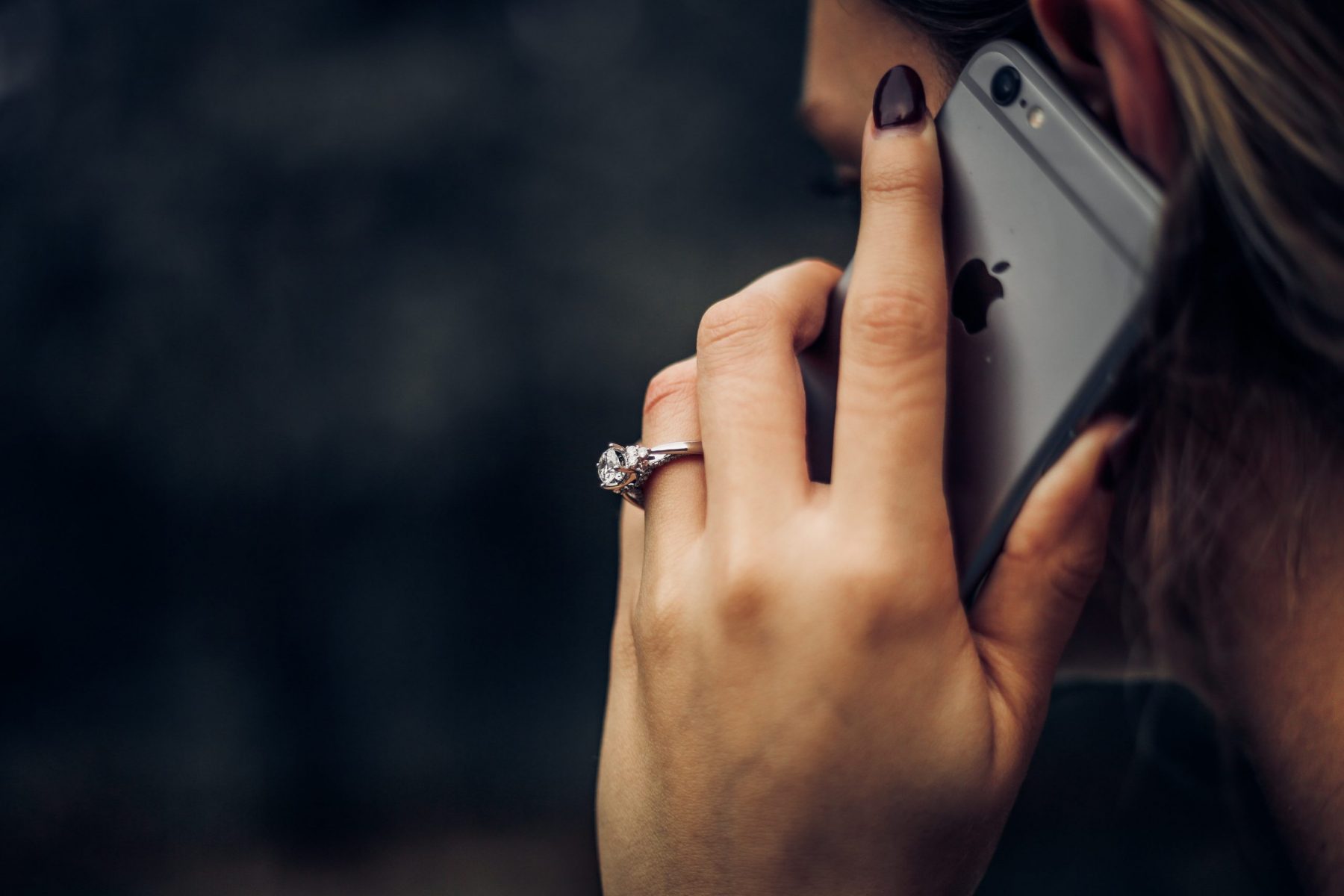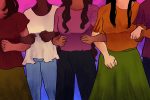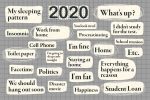You’re at a coffee shop. It’s packed with people waiting for their daily caffeine to get them through the day. A woman walks in, orders her drink, pays and waits for it to be prepared. A few minutes pass and it’s still not made. She doesn’t stop to think that there was a line of people ahead of her waiting for their drinks to be made too. She doesn’t stop to think that the young employee making her drink has only been there for a few weeks. You’re witnessing a Karen in action. She starts to cause a scene, ignoring the welling up tears of the 17-year-old employee as she demands to speak to the manager.
It’s important to note that anyone can legally be named Karen, but the Karen dominating the news is very specific. A Karen is a woman, usually white, who uses her privilege to get what she wants no matter the cost to others. Usually, she is a woman in her 30s or 40s with short, blond, choppy hair and highlights. In a sense, she looks like Kate Gosselin from TLC’s “John and Kate Plus 8.” A Karen is a unique breed in that her natural habitat is anywhere she can have dominance. From a fast food place to a neighbor’s backyard, Karens can be found everywhere.
Though the term has dominated social media and become a regularly used term in 2020, the concept of the Karen has existed for years now, just under other names.
For example, in 2018 a white woman named Jennifer Schulte called the police on a Black family that was simply barbecuing in a designated grilling zone. She saw the innocent fun and immediately called 911 asking for police to deal with the gathering so “that coals don’t burn more children and we don’t have to pay more taxes.” The 911 dispatcher and the media pegged her as racist, and thus the title “BBQ Becky” was born.
In a similar instance, a white woman called 911 on a Black dad at a soccer match. He had been talking to his son who was a player in the match, which is not allowed in the game. The woman would not let the minor issue go, calling police from her high horse — a golf-cart. She told officers that the father was being aggressive and “coming at” her, when video footage showed he actually offered to leave the game to prevent making a scene. This woman’s real name became obsolete as she was dubbed “Golf Cart Gail.”
If you morph together the two women, you have the evolved, modern-day Karen. The unfortunate part is that evolution didn’t leave out the racism.
In 2020, Amy Cooper made headlines for calling police officers on Christian Cooper, a Black man bird-watching in Central Park. Amy had her dog off-leash; Christian asked her to put a leash on it so that the dog wouldn’t scare away any birds. His simple request was met with Amy telling the officers that he was threatening her, when he wasn’t. Though she was punished for lying, Amy was yet another white woman using her white privilege and playing the victim to get what she wanted. If it weren’t for his video recording of the incident, the police very well could have sided with Amy, which could have had deadly repercussions for Christian.
The Karen community is quite enraged over the name being used as, in their words, an “insult.” In fact, there are a plethora of Facebook groups dedicated to getting justice for Karens. Karen Burris, a moderator for the group “Karens United,” spoke about why the recent memes bothered her so much. “People get afraid to just say their food is bad because they don’t want to be called a Karen. There are Karens out there who are caring and thoughtful but they feel like this is silencing them. A friend told me to ignore it, that it would all go away. But it doesn’t seem to be, and maybe this is an opportunity for people to consider the language they use.”
It is interesting that these women feel so strongly about the issue when white people historically used stereotypical names for other ethnic groups. For example, East Asians have long been called “Ching Chong” instead of their birth names. This came from anti-Chinese sentiment in the 1800s, yet it still exists today, even appearing in nursery rhymes: “Ching-Chong Chinaman sitting on a rail — ‘Long came a white man an’ chopped off his tail.’” Essentially, this is just one brick in the wall America built to block out the individual personalities of minority groups. This abuse is far worse than that faced by Karens, as Karens are not being attacked in the streets while having slurs slung at them.
Twitter user Nadine Chemali best summarized the idea, stating, “White women have been calling Black women ‘Shenaenae’, ‘La’Quisha’, and ‘ShaNiqua’ in a demeaning manner since the 80’s. Latinas were called ‘Consuela’, ‘Guadalupe’, or ‘Maria’ and Asian women were called ‘Ling-Ling’, but they can’t handle being called Karen for 11 months.” Additionally, these terms seek to generalize entire ethnicities of women, making the names racist. The use of Karen, however, is specific to just one type of white woman and it is based on her debasement of others just for her self-interest.
Plus, the use of Karen doesn’t imply that there are not women of other backgrounds who could be called a Karen today. The reason that white women are being called Karen is the current digital age captures them engaging in violent, entitled behavior the most. In Los Angeles, a white woman was recorded taking two hammers and smashing a neighbor’s car, sending the message to get out of the neighborhood. An act that extreme could land anyone else in jail, but not Karen.
Unlike women of any other race or ethnicity in the United States, white women are seen as the ones who need protection and can be trusted. “White women are positioned as the virtue of society because they hold that position as the mother, as the keepers of virtuosity, all these ideologies that we associate with white motherhood and white women in particular,” said Dr. Apryl Williams, an assistant professor in communications and media at the University of Michigan.
“Their certain role in society gives them power and when you couple that with this racist history, where white women are afraid of black men and black men are hypersexualized and seen as dangerous, then that’s really a volatile combination.” And from that power, a Karen is born.


















LIES.
Don’t be mad that you’re a Karen Judy
LOL, Judge Judy over here raging over an article. 🤣🤣🤣
LOL, Judy over here raging over an article 🤣🤣🤣